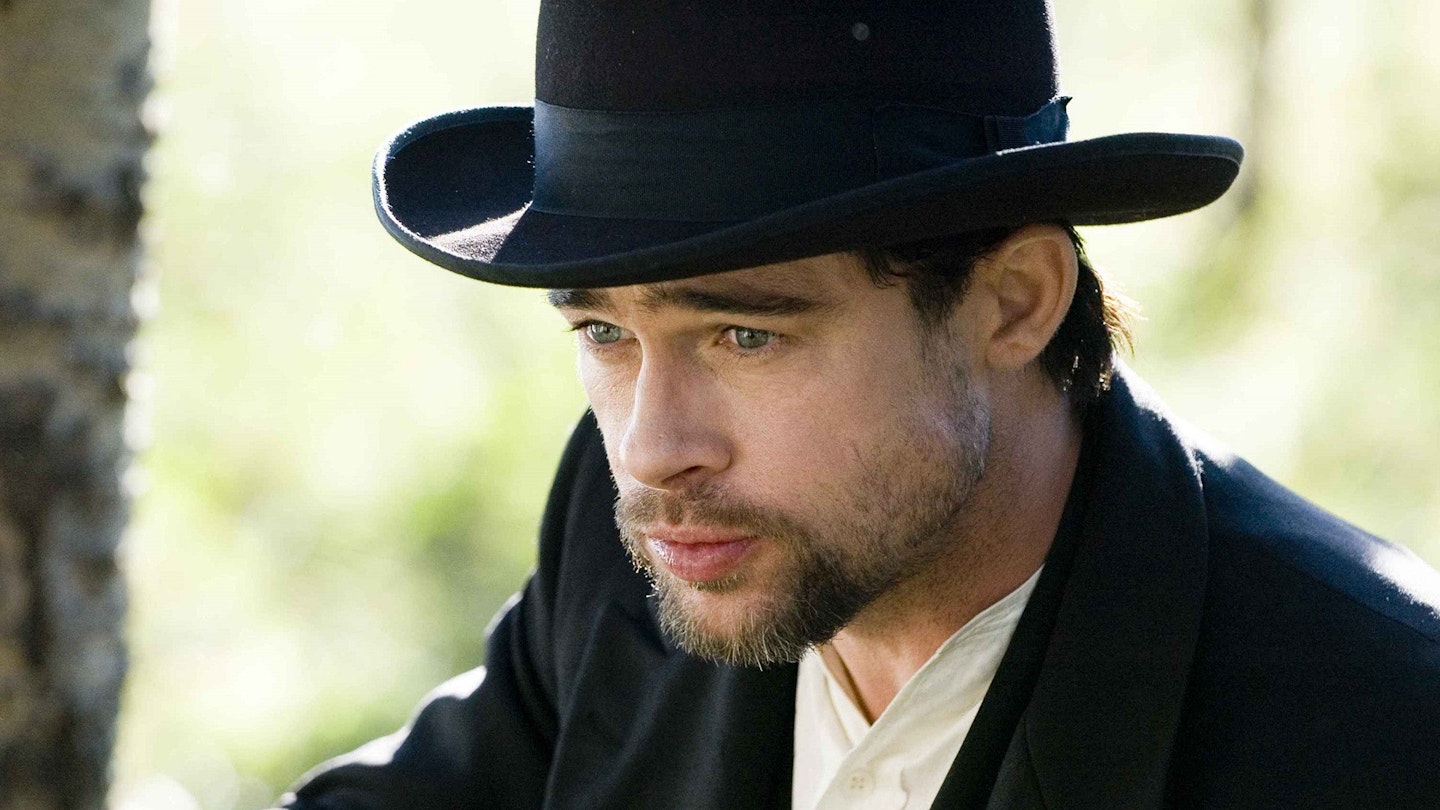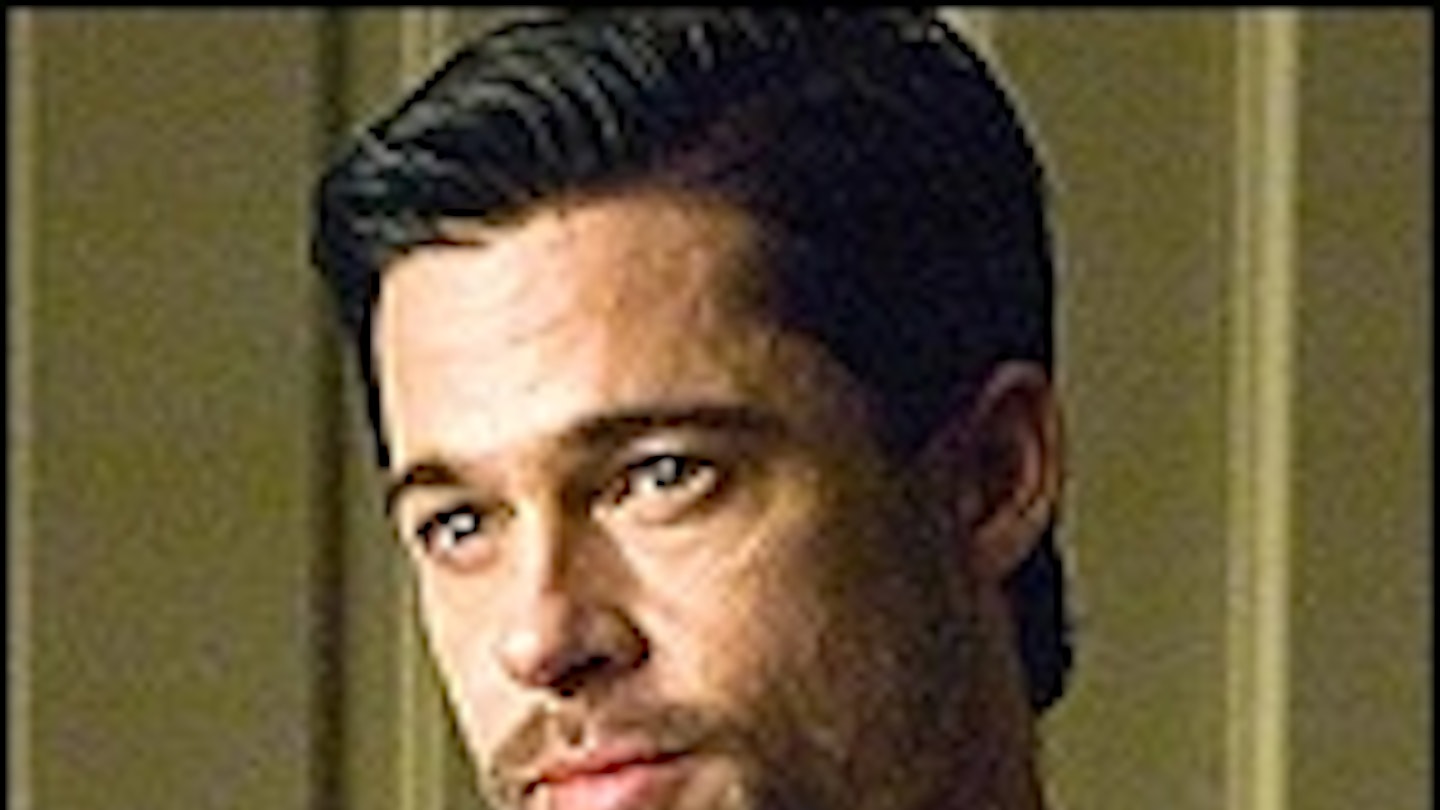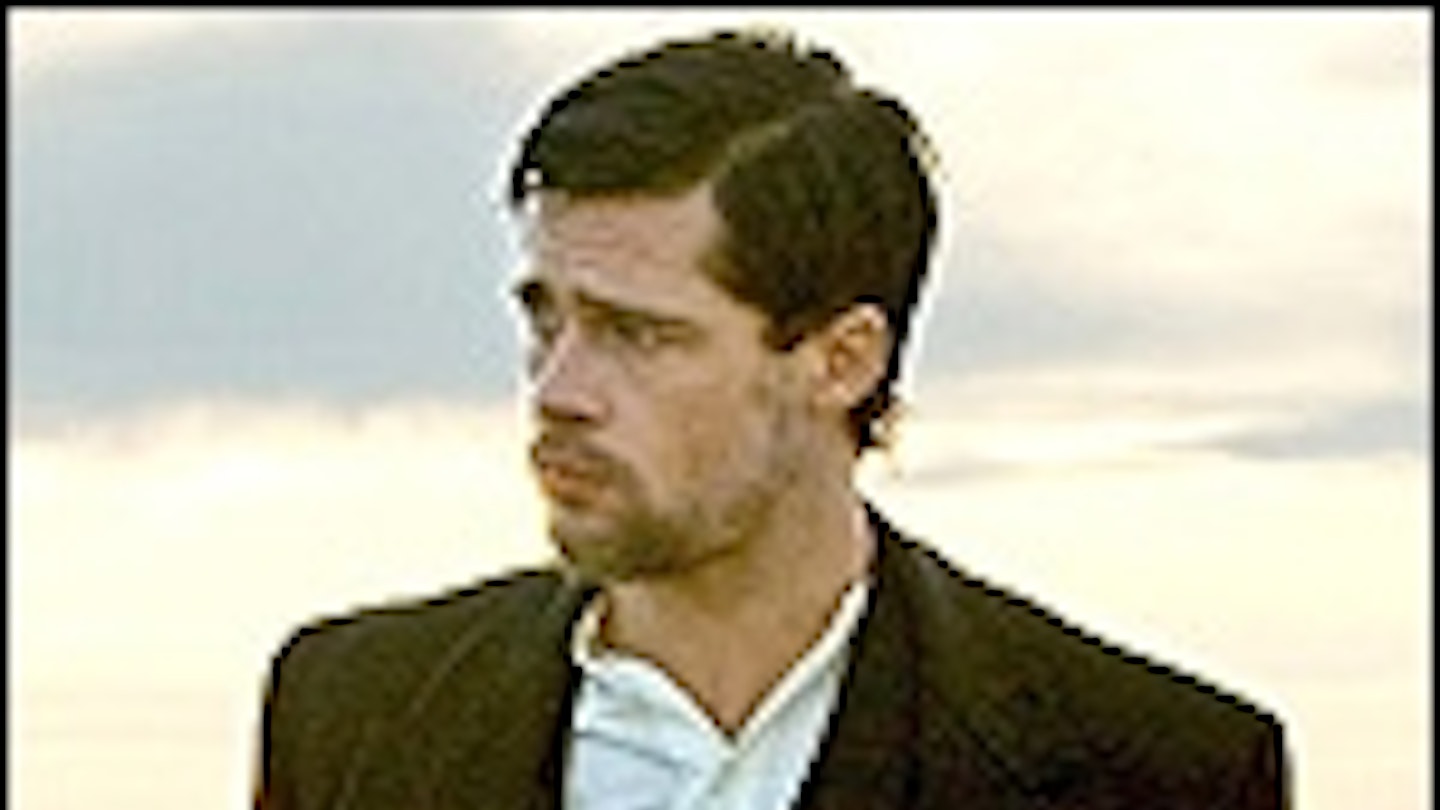Long of gestation, long of length, and throat-dryingly long of title (word of mouth will require a deep breath), Brad Pitt’s new Western has likely left perplexed studio execs somewhat long in the face. They were surely banking on a sassy gunslinger, with Mr. Jolie whirling his Colt like a majorette. What the Australian director of Chopper, Andrew Dominik - in only his second movie - has delivered is a slow, meditative poem that harkens to the verdant sprawl of Terrence Malick’s Days Of Heaven. Thrill-seekers may want to apply elsewhere.
Dominik is cultivating a not-unfamiliar revisionist evocation of America’s formative days. Even if it doesn’t resonate across an entire career like Unforgiven, it shares that film’s contemplative power and unmaking of myth. Even if it isn’t as thrusting as McCabe & Mrs. Miller, it shares its sepia-hued authenticity and indistinct morality. Even if it isn’t as ironic and outrageous as the Spaghettis, it too is something to do with death. And even if it isn’t as squib-splattering as Peckinpah, it answers to his elegiac heart. This
is the Western as psychological landscape, where unheroic souls drift toward divided destinies.
The source is Ron Hansen’s fictional recreation of the chaotic events that brought James-gang-hopeful Robert Ford (Affleck) to shoot his iconic leader in the back as he dusted the frame of a picture. Dominik faithfully matches the book’s shapelessness: like the messy throes of history it is made up of shards and slivers, strands of plot that loosely knot together. But beneath this rambling, talkative style - nudged onward by a lyrical narration from an uncredited storyteller - can be felt the inexorable drift towards the assassination, towards death.
To fulfil his mordant vision, Dominik hired Coens regular Roger Deakins to paint a melancholic beauty of weather-swept horizons and desolate farmhouses in post-Civil War Kansas and Missouri. Apart from the crystalline blue of Pitt’s eyes, the film appears drained of true colour, to be left bronze and faded like those haunting daguerrotypes of frock-coated gents beneath whose glazed expressions hid murder. The sensation is one of a spell or dream. It never gathers momentum like a thriller, yet the menace
is inescapable as scenes travel disturbing and unpredictable paths. Any gunfire is scarce and unpleasantly vindictive, while the only outlawry we witness is a brutal night-time train robbery that frames the gang as no more than wanton thieves. Dominik is seeking the point at which history, populated by tearaways and psychopaths, translates into folklore. What creates mythology out of dastardly killers?
As an actor, Pitt is most effective stalking the fringes of sanity - see how the jangling nerves of Twelve Monkeys and Fight Club made him luminous - so he is fittingly cast as Jesse James. Both are men unable to calculate the full meaning of their celebrity, another of the film’s preoccupations. James parses his notoriety in newspapers and observes the edgy devotion of his gang, especially Ford, but keeps a distance from reality as if he has one eye on the hell to come. When Pitt loosens the hinges a fraction, out spills a gurgling, terrifying laugh like a death knell. It is arguably the most nervy and effective thing he has ever done.
Yet the honour of lead falls to Affleck as the strangely juvenile, certainly unstable sap Robert Ford. In the murky folds of his prickly 19 year-old mind, hero-worship (there is just a tease of homoeroticism) of James has become garbled with an idea of establishing his own fame. Affleck brilliantly gives life to this oddball weakling born for humiliation yet desperate for significance - the echoes of Lee Harvey Oswald and Mark Chapman must be intentional. “You know what I expected?” recalls Ford, long after the titular event has left him reviled and desolate. “Applause.” It isn’t morality that divides the likes of James and Ford; it is PR.



